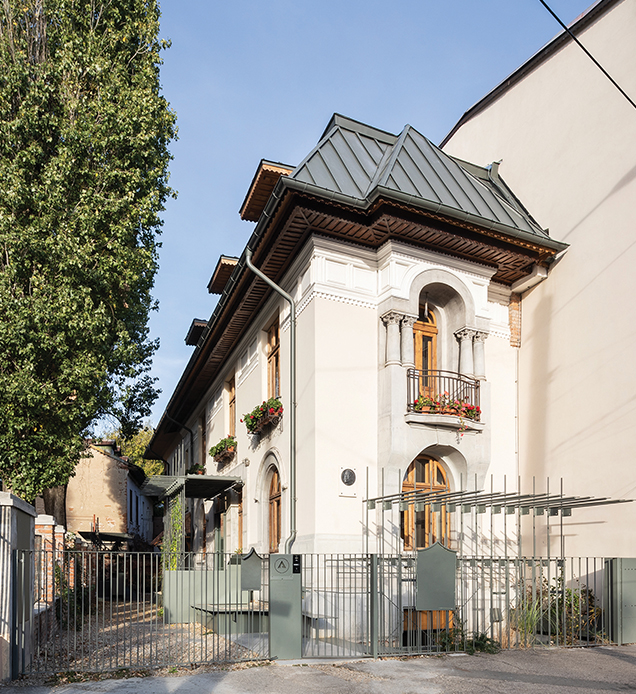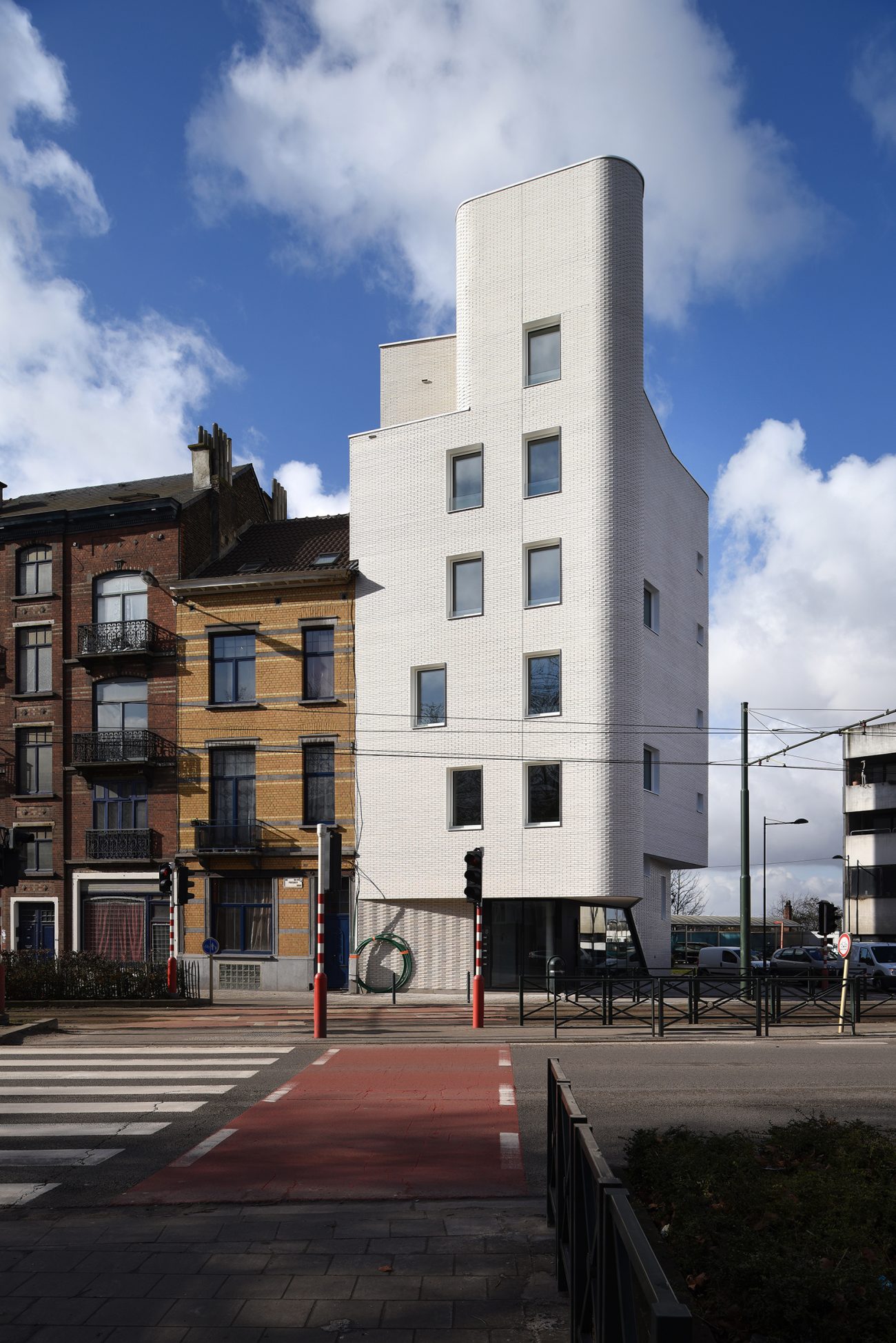The Critical Discourses Essay Contest, HOME | any | more | ? – text by Sarah Robinson (the President of the Juries, 2019 edition)
Whether forced from home or having left it freely, never in the history of the world have so many people

RENÉ MAGRITTE, L’heureux donateur, oil on canvas, 55 × 45 cm, 1966, Musée d’Ixelles, Brussels
Whether forced from home or having left it freely, never in the history of the world have so many people lived outside of their birth country as they do now. Displacement is now commonplace. Yet not so long ago, people were known by their roots – before being named after our fathers we were named after our place of birth – that place was so important in forming your identity that it named you. The mutuality between person and place was so self-evident as not be questioned. Now we can be wherever, and practically live wherever we want. Our freedom is justifiably one of our greatest sources of pride. Yet this sense of freedom conflicts with our equally deep need for refuge and for the ties that bind us to certain places, to those sacred places we can call home.
Even freedom has its limits – «Each living being can become healthy, strong and fertile within a horizon», as Nietzsche reminds us. Yet this boundary, the reality of the limit, is something we cannot quite square with. Born of matter, we forever yearn to transcend it; our frontier is always on the move – we are species, after all, who seriously considers colonizing outer space. Our architecture concretizes this sense of yearning, yet too often our buildings and cities rather than fostering a sense of belonging, serve to reinforce our sense of alienation and dysfunction. Rootlessness may be our paradigmatic modern condition, but homesickness and homelessness are its most accurate portrait. Every animal has a home, a habitat on which its very life depends. Animal and habitat are understood together as an extended organism dwelling together in interdependence. What makes us think we human animals are somehow exempt from this existential mandate?
Home speaks to our vulnerability, our nascent interdependence, threatens our sense of indomitability and separateness. Home is a knot of deep-seated oppositions – causing us to question the importance of roots versus freedom, the local versus universal, tradition versus innovation, continuity versus change, feminine versus masculine, the social versus the personal, nature versus culture, prospect versus refuge, the wide open window versus the sheltering walls. Exploring the meaning of home is an opportunity to consider these concerns not as irreconcilable oppositions but as energizing polarities, enriching our understanding of how architecture can nurture a sense of belonging and create places that truly deserve to be called home.
Reading these essays dispels any notion that space is geometrical, neutral, that it lacks a locus. The notion that we are thrown into limitless space – that the speedy tenure and easy mobility of modern life in any way obviate our deeper need for grounding and a sense of belonging is also here, completely dismissed. In so many ways these voices have stated, with wit and great tenderness, that home is a sacred precinct whose locus is the self. Home is a field of care, a place of intensified attention, «where very detail counts» (1), a materialization of human consciousness anchored to place simultaneously expressing and reinforcing who we are: «The home and its inhabitants mutually shape one another in a continuous dialogue» (2). And this mutuality, this interdependence blurs the boundary between building and person – in the dynamic of inhabiting both are continually made and remade. The need for personalization, of making one’s mark, exteriorizing traces of the self speaks to the imagination’s need to restlessly expand, to appropriate lost spaces, to stitch them in, to widen one’s circle. Thus affirming the dialectic of the imagination – our most revolutionary human capacity – must at once be cradled, but not fenced in, imagination feeds on suggestion, but is frustrated by control. To deserve its name, a home must house the body as much as it houses the imagination.
1. From Văleanu Paul, «Chasing Harmony»
2. From Laurențiu Cauni, Ligia Tantu – «DENSITY and identity»
 Romană
Romană English
English




